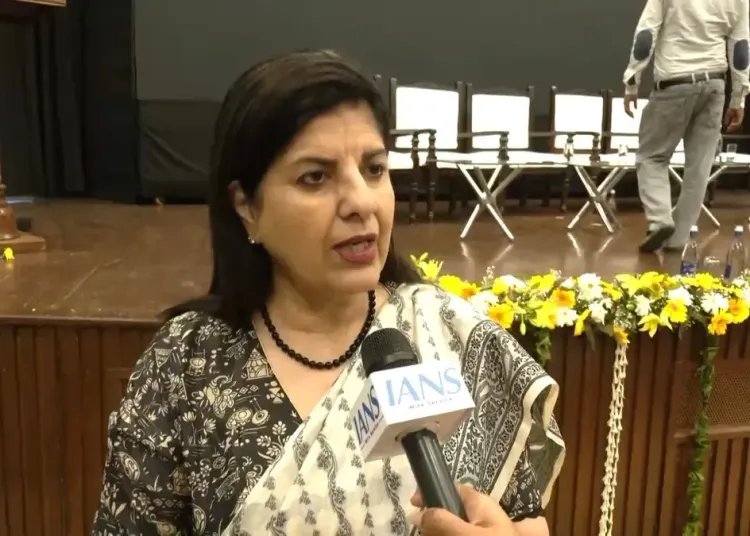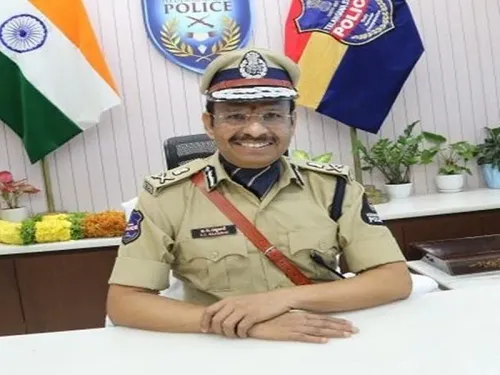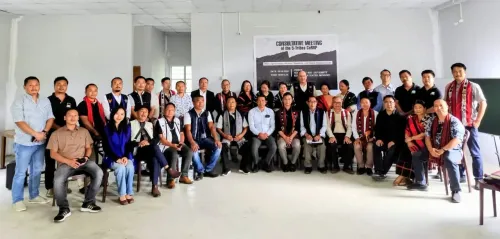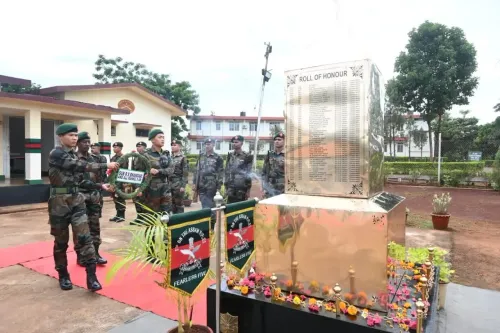HPV Test Kits: A Crucial Advancement in India's Battle Against Cervical Cancer, Says Dr. Neerja Bhatla

Synopsis
Key Takeaways
- HPV test kits will enhance early detection of cervical cancer.
- Cost-effective solutions are aimed at rural and underserved areas.
- Vaccination should be administered before age 15, and screening should begin after age 30.
- Local health workers can easily use the new kits.
- The final pricing is still being evaluated.
New Delhi, April 23 (NationPress) Indigenously developed HPV test kits are poised to transform India's strategy in combatting cervical cancer, a major contributor to cancer-related fatalities among women, according to the esteemed gynaecologic oncologist, Dr. Neerja Bhatla. Speaking to IANS at a scientific review event in the national capital, Dr. Bhatla, a recipient of the Padma Shri award, highlighted that these affordable kits will significantly enhance early screening initiatives, particularly in remote and underserved regions.
"Vaccination should ideally occur before the age of 15, while screening should commence after age 30," she explained to IANS, underscoring the critical role of both vaccination and screening in the prevention of cervical cancer.
She also noted that these innovative HPV test kits will be particularly beneficial in locations with a shortage of medical personnel.
“In the Northeast, we have already observed a lack of trained healthcare workers. These kits are user-friendly and can be utilized by local health workers, simplifying the screening process considerably," Bhatla mentioned to IANS.
Regarding the pricing, she indicated that the final cost of the kits is still under consideration.
"Prices will depend on how the government incorporates them into its national health initiatives and the volume purchased at once. However, we are optimistic that these kits will be significantly more cost-effective than current alternatives,” she added.
Union Minister for Science & Technology, Dr. Jitendra Singh, who was the chief guest at the event, commended this initiative.
He remarked that the creation of these economical kits is a substantial advancement in making preventive healthcare more accessible to women throughout India.
He also highlighted the importance of early detection in saving lives, stating, “With India representing 25 percent of the world's cervical cancer deaths—primarily due to late diagnosis,” Dr. Singh remarked.
He further emphasized the critical need for preventive screening. "The broader vision is to position India as a global leader in preventive healthcare," he concluded.









